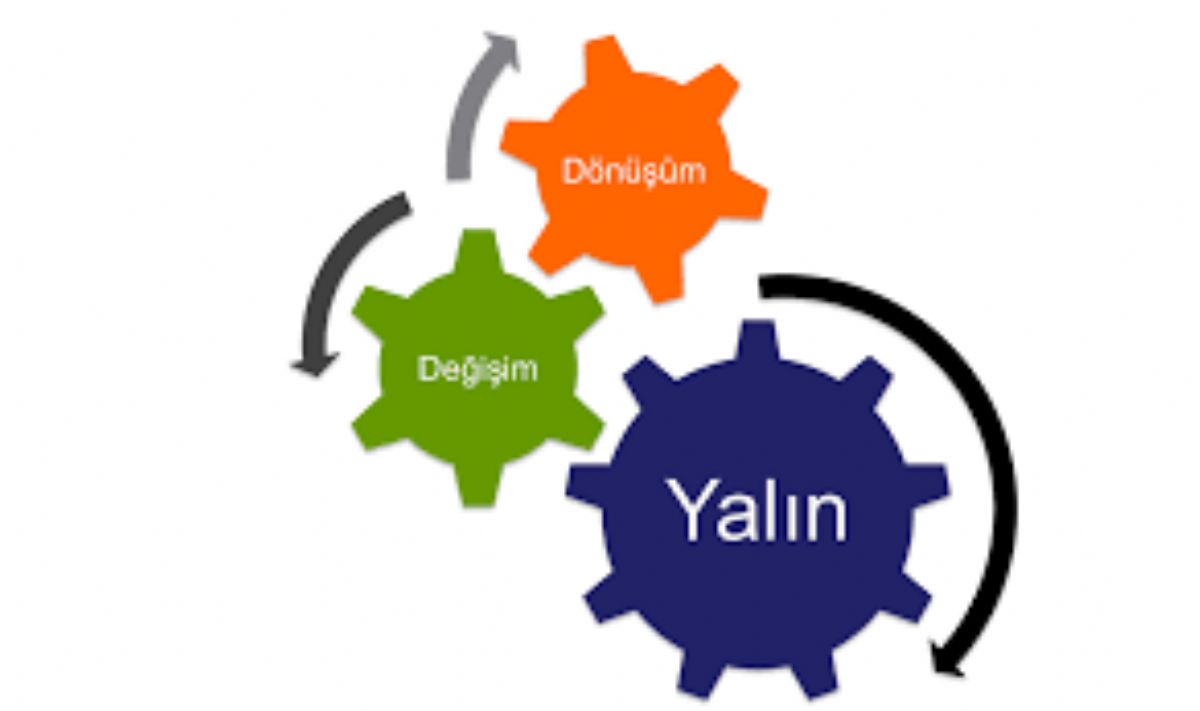What is Lean Transformation and Why Is It Important?

What is Lean Transformation?
Lean transformation is a management philosophy that aims to increase efficiency in the business world and use resources in the best way. This approach was first recognized with the Toyota Production System (TPS). Its basic principle is to identify value and eliminate unnecessary processes and waste to create this value. Lean transformation includes elements such as customer focus, continuous improvement, efficiency and cost reduction. It ensures that business processes are fluid, fast and responsive to customer demands.
Why is Lean Transformation Important?
The importance of lean transformation stems from the fact that it offers a number of advantages for businesses. Here are some of these important benefits:
Cost Reduction: Lean transformation reduces the costs of the business by minimizing unnecessary waste and resource use. This makes it possible to offer more competitive prices and increase profit margins.
Fast Delivery: Optimizing and streamlining processes enables products or services to be delivered to customers faster. This increases customer satisfaction.
Innovation and Flexibility: Lean transformation encourages continuous improvement and the ability to adapt to change. Businesses become more flexible and can evaluate new opportunities more quickly.
Customer Satisfaction: Lean transformation is based on the principle of customer focus. Responding better to customer demands, providing faster service and improving quality increases customer satisfaction.
Business Continuity: Better organization of business processes reduces risks and helps ensure business continuity.